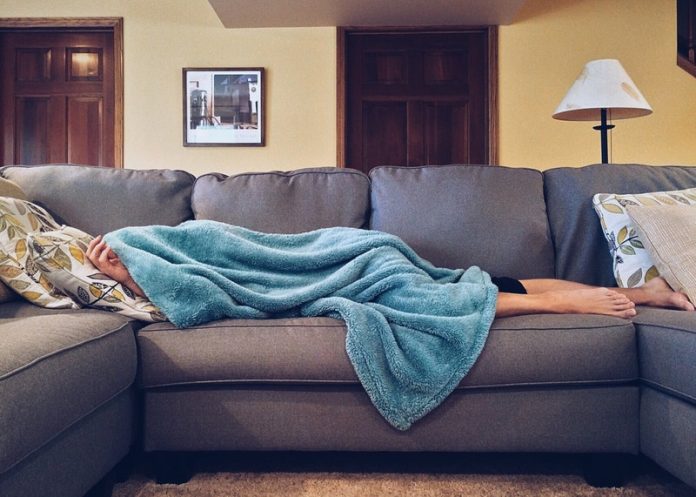
In a new study, researchers confirm that nightly sleep disturbance linked to daily risk of migraine headaches.
The research was conducted by a team from Brigham and Women’s Hospital and Beth Israel Deaconess Medical Center.
Nearly half of all patients who suffer migraines report sleep disturbance as a trigger for their headaches.
But the relationship between sleep and migraine headaches is not well understood or well-studied.
In the study, the team examined 98 adults with episodic migraines, who reported at least two headaches but had fewer than 15 days each month with a headache.
The participants completed electronic diaries twice a day, recording details about their sleep, headaches and health habits for six weeks.
During that time, they also wore a wrist actigraph to bed to objectively capture their sleep patterns.
The team adjusted data for other migraine triggers, including daily caffeine intake, alcohol intake, physical activity, stress and more.
Over the course of six weeks, participants reported 870 headaches.
The team found nightly sleep duration of 6.5 hours or less and poor sleep quality was not linked to migraines the day immediately following (Day 0) or the day after that (Day 1).
However, sleep fragmentation measured by both diary and actigraphy was linked to higher odds of having a migraine on Day 1.
The findings generally support patients’ reports of sleep disturbance as a trigger for migraines.
The team says that low sleep efficiency, which is the amount of time people are awake in bed when they are trying to sleep, is linked to migraines not on the day immediately following, but on the day after that.
The lead author of the study is Suzanne Bertisch, MD, MPH, a physician and clinical investigator in the Division of Sleep and Circadian Disorders at the Brigham.
The study is published in Neurology.
Copyright © 2019 Knowridge Science Report. All rights reserved.



